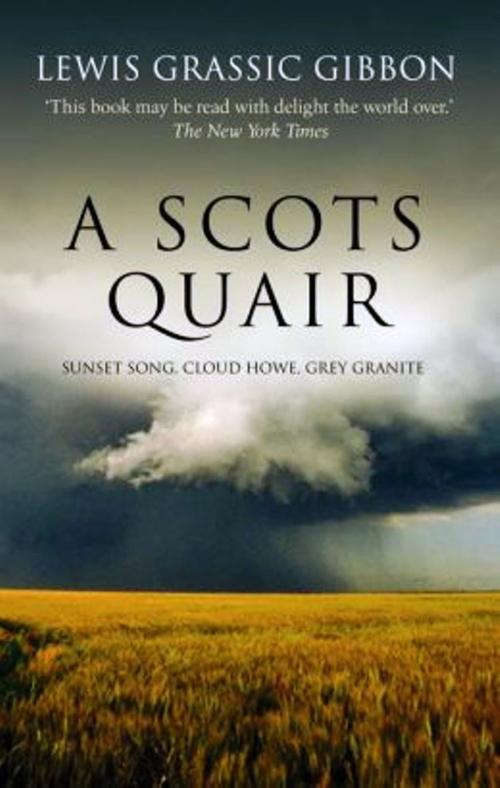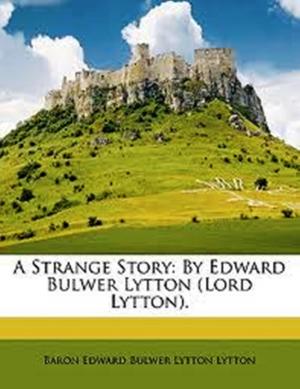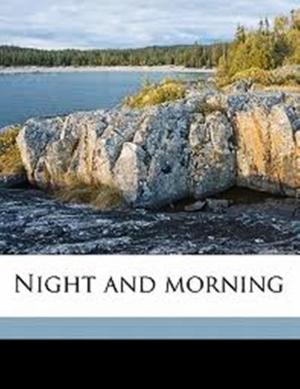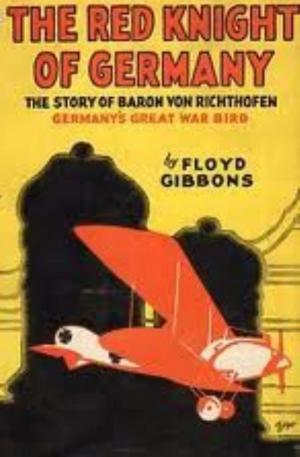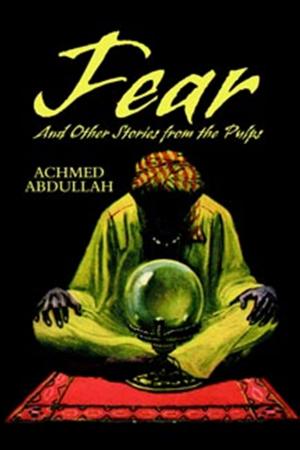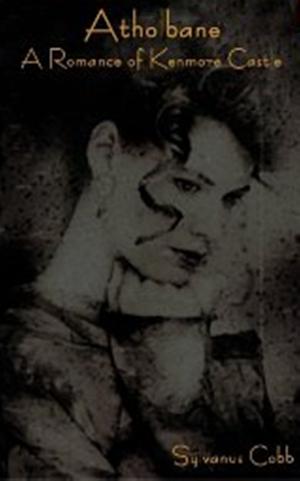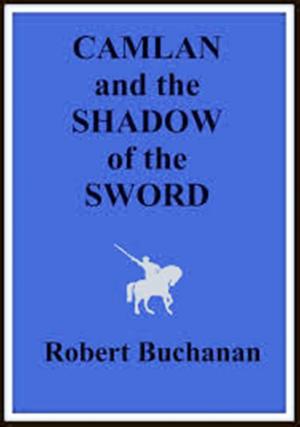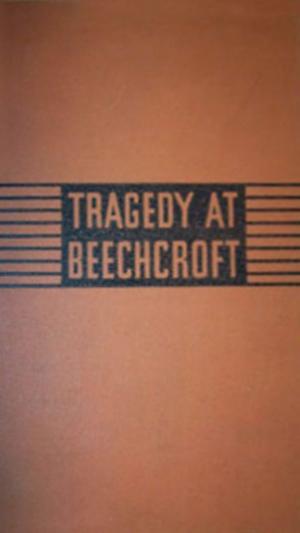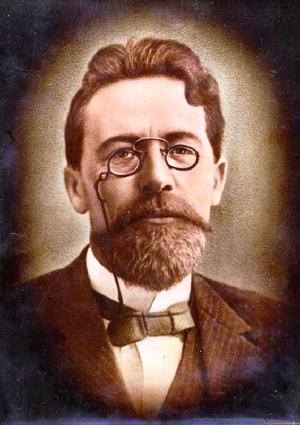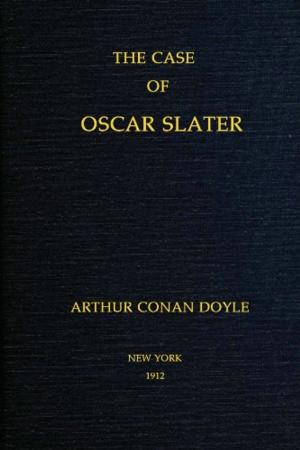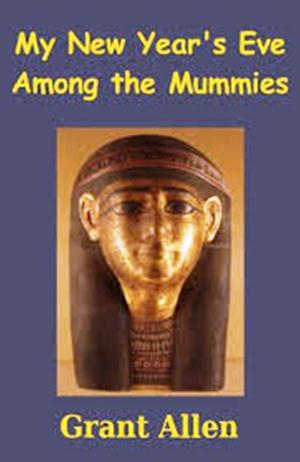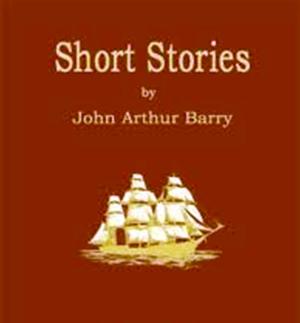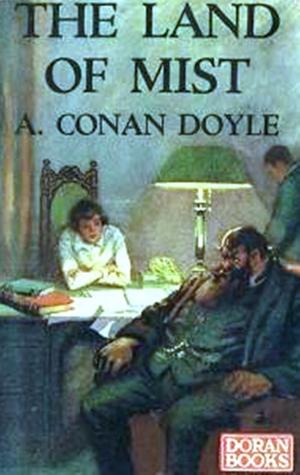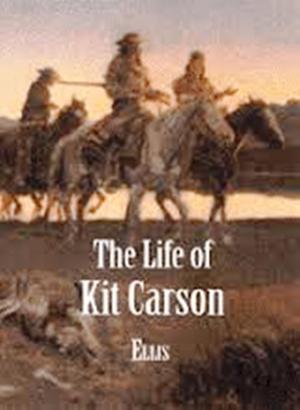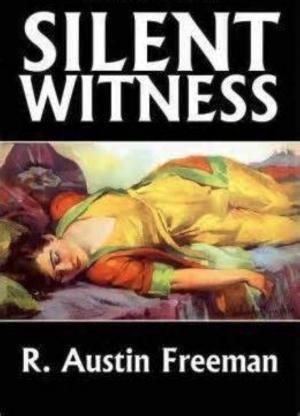| Author: | Lewis Grassic Gibbon | ISBN: | 1230000193221 |
| Publisher: | WDS Publishing | Publication: | October 30, 2013 |
| Imprint: | Language: | English |
| Author: | Lewis Grassic Gibbon |
| ISBN: | 1230000193221 |
| Publisher: | WDS Publishing |
| Publication: | October 30, 2013 |
| Imprint: | |
| Language: | English |
Kinraddie lands had been won by a Norman childe, Cospatric de Gondeshil, in the days of William the Lyon, when gryphons and suchlike beasts still roamed the Scots countryside and folk would waken in their beds to hear the children screaming, with a great wolf-beast, come through the hide window, tearing at their throats. In the Den of Kinraddie one such beast had its lair and by day it lay about the woods and the stench of it was awful to smell all over the countryside, and at gloaming a shepherd would see it, with its great wings half-folded across the great belly of it and its head, like the head of a meikle cock, but with the ears of a lion, poked over a fir tree, watching. And it ate up sheep and men and women and was a fair terror, and the King had his heralds cry a reward to whatever knight would ride and end the mischieving of the beast.
So the Norman childe, Cospetric, that was young and landless and fell brave and well-armoured, mounted his horse in Edinburgh Town and came North, out of the foreign south parts, up through the Forest of Fife and into the pastures of Forfar and past Aberlemno's Meikle Stane that was raised when the Picts beat the Danes; and by it he stopped and looked at the figures, bright then and hardly faded even now, of the horses and the charging and the rout of those coarse foreign folk. And maybe he said a bit prayer by that Stone and then he rode into the Mearns, and the story tells no more of his riding but that at last come he did to Kinraddie, a tormented place, and they told him where the gryphon slept, down there in the Den of Kinraddie.
But in the daytime it hid in the woods and only at night, by a path through the hornbeams, might he come at it, squatting in bones, in its lair. And Cospatric waited for the night to come and rode to the edge of Kinraddie Den and commended his soul to God and came off his horse and took his boar-spear in his hand, and went down into the Den and killed the gryphon. And he sent the news to William the Lyon, sitting drinking the wine and fondling his bonny lemans in Edinburgh Town, and William made him the Knight of Kinraddie, and gave to him all the wide parish as his demesne and grant to build him a castle there, and wear the sign of a gryphon's head for a crest and keep down all beasts and coarse and wayward folk, him and the issue of his body for ever after.
So Cospatric got him the Pict folk to build a strong castle there in the lithe of the hills, with the Grampians bleak and dark behind it, and he had the Den drained and he married a Pict lady and got on her bairns and he lived there till he died. And his son took the name Kinraddie, and looked out one day from the castle wall and saw the Earl Marischal come marching up from the south to join the Highlandmen in the battle that was fought at Mondynes, where now the meal-mill stands; and he took out his men and fought there, but on which side they do not say, but maybe it was the winning one, they were aye gey and canny folk, the Kinraddies.
And the great-grandson of Cospatric, he joined the English against the cateran Wallace, and when Wallace next came marching up from the southlands Kinraddie and other noble folk of that time they got them into Dunnottar Castle that stands out in the sea beyond Kinneff, well-builded and strong, and the sea splashes about it in the high tides and there the din of the gulls is a yammer night and day. Much of meal and meat and gear they took with them, and they laid themselves up there right strongly, they and their carles, and wasted all the Mearns that the Cateran who dared rebel against the fine English king might find no provision for his army of coarse and landless men. But Wallace came through the Howe right swiftly and he heard of Dunnottar and laid siege to it and it was a right strong place and he had but small patience with strong places. So, in the dead of one night, when the thunder of the sea drowned the noise of his feint, he climbed the Dunnottar rocks and was over the wall, he and the vagabond Scots, and they took Dunnottar and put to the slaughter the noble folk gathered there, and all the English, and spoiled them of their meat and gear, and marched away.
Kinraddie lands had been won by a Norman childe, Cospatric de Gondeshil, in the days of William the Lyon, when gryphons and suchlike beasts still roamed the Scots countryside and folk would waken in their beds to hear the children screaming, with a great wolf-beast, come through the hide window, tearing at their throats. In the Den of Kinraddie one such beast had its lair and by day it lay about the woods and the stench of it was awful to smell all over the countryside, and at gloaming a shepherd would see it, with its great wings half-folded across the great belly of it and its head, like the head of a meikle cock, but with the ears of a lion, poked over a fir tree, watching. And it ate up sheep and men and women and was a fair terror, and the King had his heralds cry a reward to whatever knight would ride and end the mischieving of the beast.
So the Norman childe, Cospetric, that was young and landless and fell brave and well-armoured, mounted his horse in Edinburgh Town and came North, out of the foreign south parts, up through the Forest of Fife and into the pastures of Forfar and past Aberlemno's Meikle Stane that was raised when the Picts beat the Danes; and by it he stopped and looked at the figures, bright then and hardly faded even now, of the horses and the charging and the rout of those coarse foreign folk. And maybe he said a bit prayer by that Stone and then he rode into the Mearns, and the story tells no more of his riding but that at last come he did to Kinraddie, a tormented place, and they told him where the gryphon slept, down there in the Den of Kinraddie.
But in the daytime it hid in the woods and only at night, by a path through the hornbeams, might he come at it, squatting in bones, in its lair. And Cospatric waited for the night to come and rode to the edge of Kinraddie Den and commended his soul to God and came off his horse and took his boar-spear in his hand, and went down into the Den and killed the gryphon. And he sent the news to William the Lyon, sitting drinking the wine and fondling his bonny lemans in Edinburgh Town, and William made him the Knight of Kinraddie, and gave to him all the wide parish as his demesne and grant to build him a castle there, and wear the sign of a gryphon's head for a crest and keep down all beasts and coarse and wayward folk, him and the issue of his body for ever after.
So Cospatric got him the Pict folk to build a strong castle there in the lithe of the hills, with the Grampians bleak and dark behind it, and he had the Den drained and he married a Pict lady and got on her bairns and he lived there till he died. And his son took the name Kinraddie, and looked out one day from the castle wall and saw the Earl Marischal come marching up from the south to join the Highlandmen in the battle that was fought at Mondynes, where now the meal-mill stands; and he took out his men and fought there, but on which side they do not say, but maybe it was the winning one, they were aye gey and canny folk, the Kinraddies.
And the great-grandson of Cospatric, he joined the English against the cateran Wallace, and when Wallace next came marching up from the southlands Kinraddie and other noble folk of that time they got them into Dunnottar Castle that stands out in the sea beyond Kinneff, well-builded and strong, and the sea splashes about it in the high tides and there the din of the gulls is a yammer night and day. Much of meal and meat and gear they took with them, and they laid themselves up there right strongly, they and their carles, and wasted all the Mearns that the Cateran who dared rebel against the fine English king might find no provision for his army of coarse and landless men. But Wallace came through the Howe right swiftly and he heard of Dunnottar and laid siege to it and it was a right strong place and he had but small patience with strong places. So, in the dead of one night, when the thunder of the sea drowned the noise of his feint, he climbed the Dunnottar rocks and was over the wall, he and the vagabond Scots, and they took Dunnottar and put to the slaughter the noble folk gathered there, and all the English, and spoiled them of their meat and gear, and marched away.
